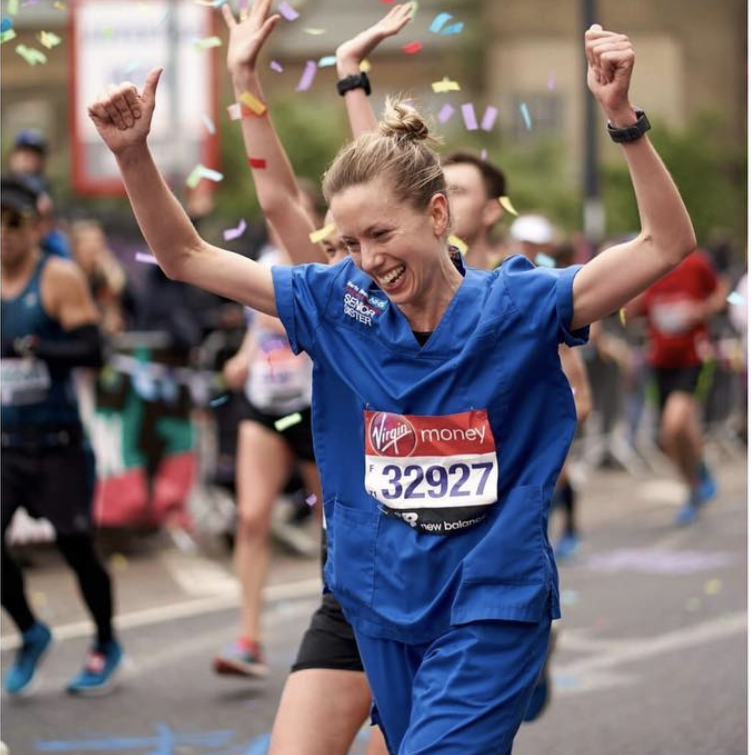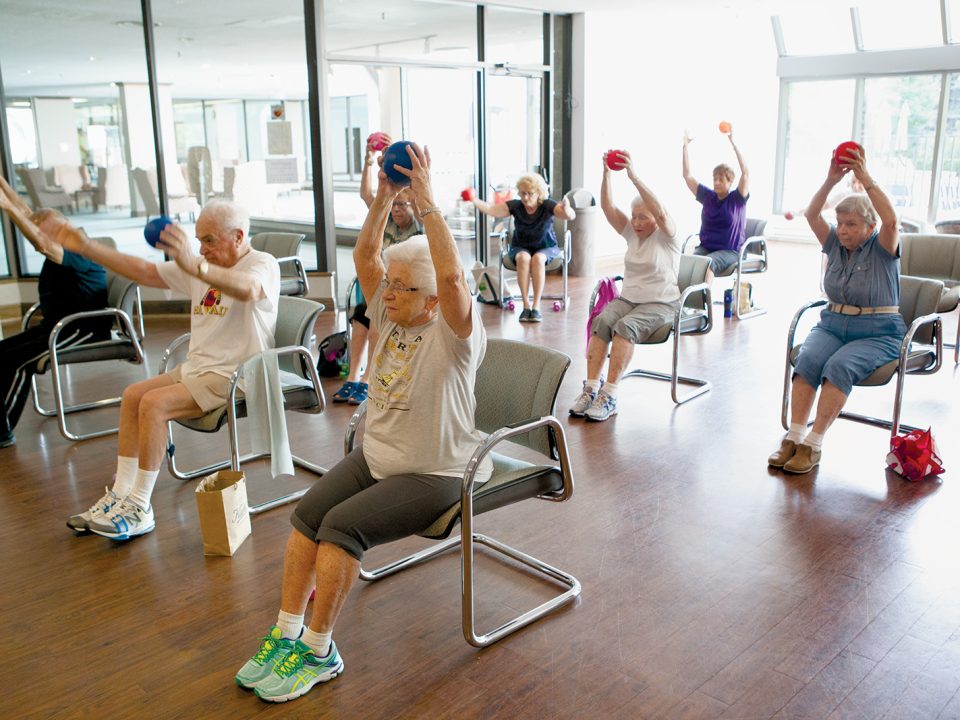
Marathon Runner Who Changed Guinness’s Definition of ‘Nurse’ Honored for Shattering Stereotypes
August 11, 2019
10 time management tips for nurses and midwives
August 19, 2019Nurses help grieving families find comfort in organ donation

Nurses help grieving families find comfort in organ donation
Talking to families donating the organs of their loved one at the end of life may seem to make for a difficult day at the office, but for some nurses it’s part of a reality that makes their job worth doing.
“It’s an option to give families comfort by giving them information about organ donation. If they believe that aligns with their loved one’s wishes then we continue to go forward,” says Jeramie Carson, a specialist nursing co-ordinator with DonateLife Victoria (similar roles exist at DonateLife NSW).
The Victorian organisation, which employs and trains donation specialist nurse co-ordinators, is about to begin recruiting for the highly trained nurses who co-ordinate all aspects of organ and tissue donation.
For DonateLife Victoria’s acting director of nursing and operations, Leanne McEvoy, those potentially difficult conversations can be empowering for a family if everyone knows their family member’s wishes, or if their loved one’s preferences have been noted on the organ donor register.
“When people hear their loved one took the time to go onto the donor register and place their wishes on there, their eyes light up. They get pleasure from knowing what they wanted,” McEvoy says, noting that co-ordinators are trained to raise the question either way.
Victoria currently has more organ donors than any other state, and last year saw a record number of organ donors (193, up from 148 the previous year). This meant 529 lives were saved thanks to organ transplantation surgery.
It’s nursing co-ordinators such as Carson who facilitate the process by talking to families about consent, arranging for organs and tissues to be tested for compatibility with potential recipients, organising operating theatres and liaising with intensive care staff and surgeons.
Despite the calm demeanour employees like her convey to grieving families, the logistics behind the scenes require juggling multiple tasks while using their high-level communication skills.
“We are organising and liaising with transplant teams and we’re organising logistics from the operating theatre’s perspective,” she says.
Add to this the fact the role is state-based, so although many co-ordinators work primarily in Melbourne’s major hospitals they are also sent to regional centres to oversee organ donation cases.
“To be able to be placed in any hospital in Victoria, engage with key stakeholders and make donation happen is extraordinary. They need highly developed communication skills, strong leadership qualities, and a flexibility and fortitude to get things happening,” says McEvoy of the role.
Carson agrees her rewarding job is rarely the same.
“We are always troubleshooting and every day sees a different set of challenges. You need to have an open mind and be willing to investigate and challenge yourself,” she says.
This article was originally published on The Sydney Morning Herald www.smh.com.au on 9/8/19 by Sue White.










